Reviewed by: Y. Garcia
When Apple's latest move hits China's LGBTQ+ community, it is not just about app removals; it is about the messy intersection of global tech governance and local rules. The Cupertino giant confirmed it removed two major dating platforms, Blued and Finka, from its Chinese App Store after receiving direct orders from the country's internet regulator.
These apps together served more than 49 million registered users, according to TechBuzz. The timing raises questions about Apple's role in digital censorship and what it means for any app operating under authoritarian oversight.
To put that in perspective, those 49 million users stack up against China’s estimated 70 million LGBTQ+ individuals, underscoring the scale of the hit: existing users can still open downloaded versions, but new users are locked out through official channels, as reported by PhoneArena.
The regulatory chess game behind app removals
Here is where things get unsettling. China’s Cyberspace Administration, the CAC, issued the order that forced Apple’s hand. This is the country’s primary internet overseer and content moderator, and it has been targeting LGBTQ+ platforms as part of broader content restrictions, according to Phone Arena.
What makes this strategic and troubling is how the removals extend suppression beyond international platforms to dominant domestic apps.
The policy maze is even tighter because China decriminalized homosexuality in 1997, yet it does not recognize same-sex marriage. LGBTQ+ content can still be labeled as "vulgar," despite homosexuality being legal, according to Phone Arena. Platform operators end up treating lawful behavior as inappropriate digital content. How do you design for that?
The CAC works with considerable opacity; its decisions ripple across millions without clear reasoning. Apple is left playing by rules that shift midgame, obeying direct orders while guessing what might trigger the next takedown.
Apple’s compliance strategy in authoritarian markets
So what is Apple actually doing? Its response in China shows a hard line on compliance that reshapes the user experience. The company has removed or restricted over 16,000 apps from its Chinese App Store as of October 2024, including hundreds of VPN services, according to Freedom House. That is more than 16,000 applications that Chinese users cannot access through official channels.
Earlier in 2024, Apple pulled WhatsApp, Threads, Telegram, and Signal from the China App Store following government orders, as reported by Freedom House. It has also modified iOS for Chinese users, restricting private relay, eSIMs, and video call links, and limited AirDrop after protests in Shanghai in November 2022, according to the same source.
The striking part, and frankly troubling, is how Apple has built parallel digital ecosystems tailored to political requirements. The iOS experience in China is not the iOS experience elsewhere. Features are stripped or tweaked to satisfy local rules.
In practice, Apple becomes an enforcement layer for government content policies, even when those policies collide with the company’s global values around privacy and human rights. Can that strategy hold when core features change by market and by mandate?
What this means for China’s LGBTQ+ digital ecosystem
The removal of Blued and Finka is more than app unavailability; it is a gut punch to community infrastructure that took years to build. BlueCity, Blued’s parent company, went public in 2020 and later acquired rival Finka for 33 million dollars, creating a near-monopoly in China’s gay dating market, according to TechBuzz. Removing both does not just shrink choice, it wipes out the formal digital dating ecosystem for gay men in China.
The move escalates a crackdown that accelerated when Grindr disappeared from Chinese app stores in 2022, as noted by TechBuzz. At the core is a paradox: authorities define same-sex relationship content as "vulgar" even though homosexuality was decriminalized in 1997, according to Global Voices. Legal in life, censored online.
The fallout is not only about dates. For many LGBTQ+ people in China, these apps were lifelines for connection, support, and identity in a society where mainstream spaces remain cautious or closed. With the domestic monopoly gone and international alternatives already blocked, millions face digital isolation from community platforms, nudging them toward less secure or underground options.
The uncertain path forward for digital rights
What happens next is unclear for both Apple’s China strategy and the communities that depended on these platforms. Some Chinese apps have returned to stores after making requested changes to comply with local rules, according to TechBuzz. LGBTQ+ platforms may find that kind of compliance harder, because the objection often seems to be the community itself, not a single feature that can be toggled off.
Zoom out and the pattern is stark. Over 60 percent of the world’s top 100 apps are either unavailable or inaccessible in China’s Apple App Stores, according to Global Voices. You get a digital ecosystem more isolated from global services, with Apple serving as gatekeeper and compliance officer for Chinese regulatory demands.
The precedent matters. If China can push Apple to remove thousands of apps through direct orders, other governments may copy the playbook to target their own perceived social threats. That template could reshape how global platforms operate anywhere restrictive rules take hold.
For Apple, the tension is obvious. The company says it responds to local orders and limits changes to specific storefronts, a way to square global values with market access.
The open question is whether there is any real limit to that approach, or if this is the new normal, a world where governments set the bounds of platform policy within their borders and market leverage does the rest. I would not bet on that pressure easing anytime soon.




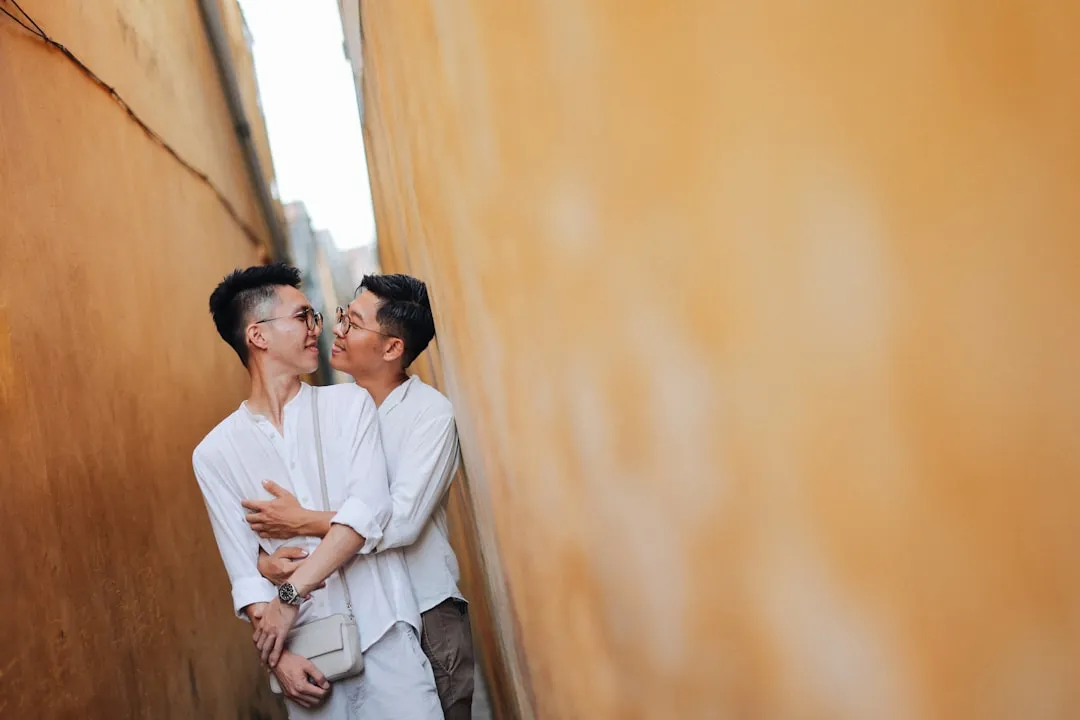

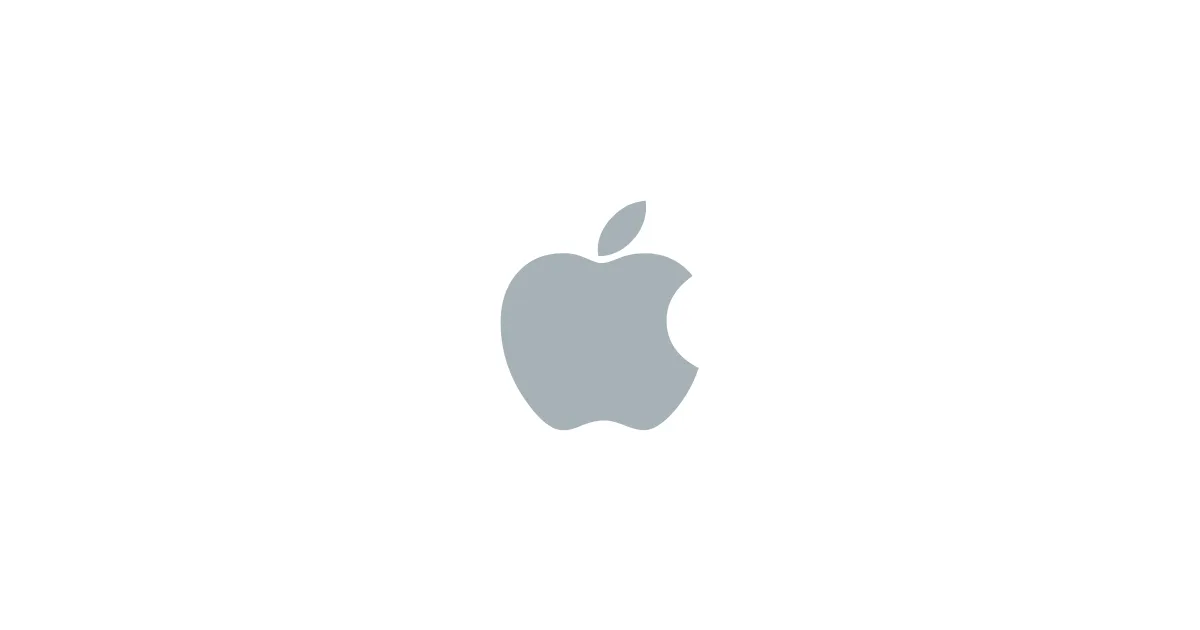
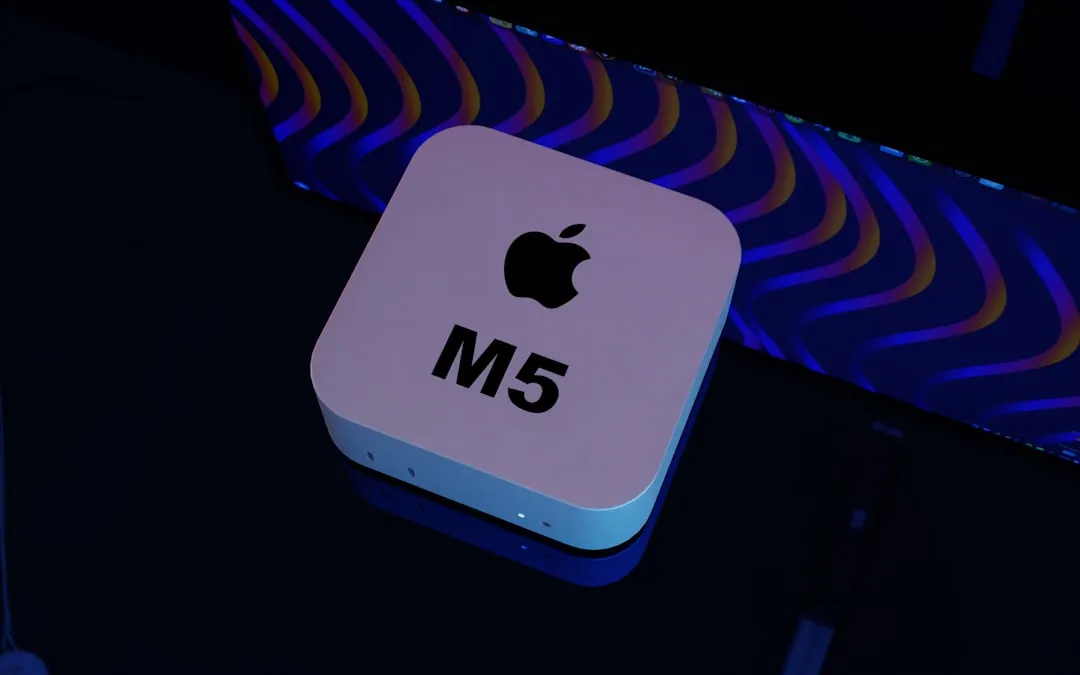
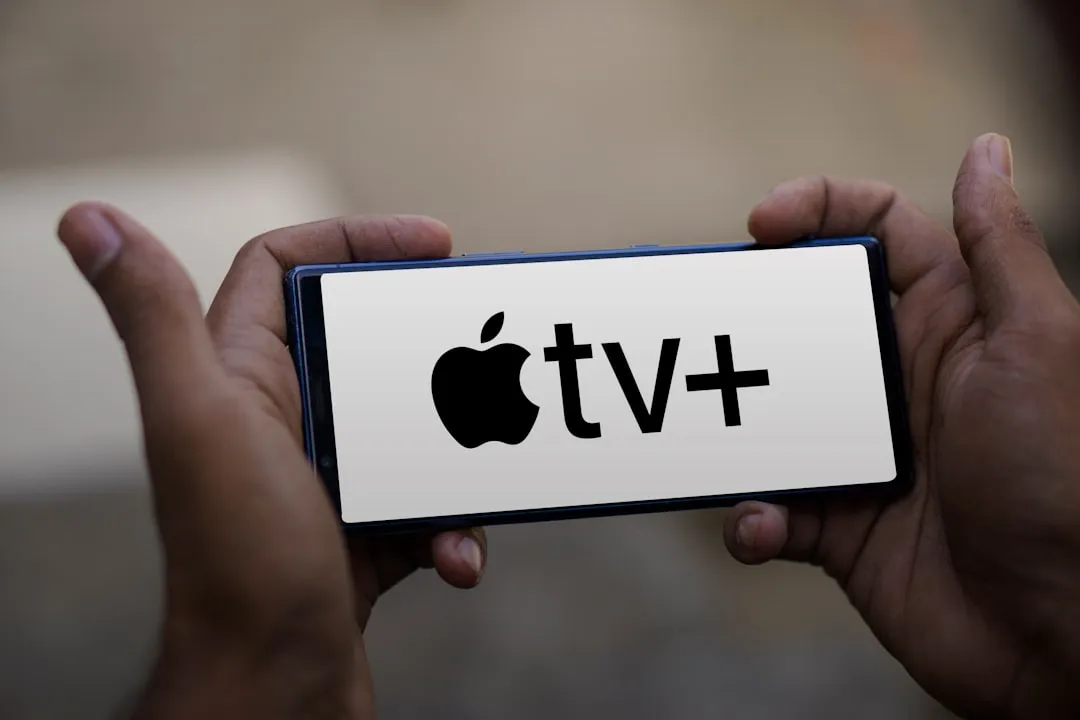
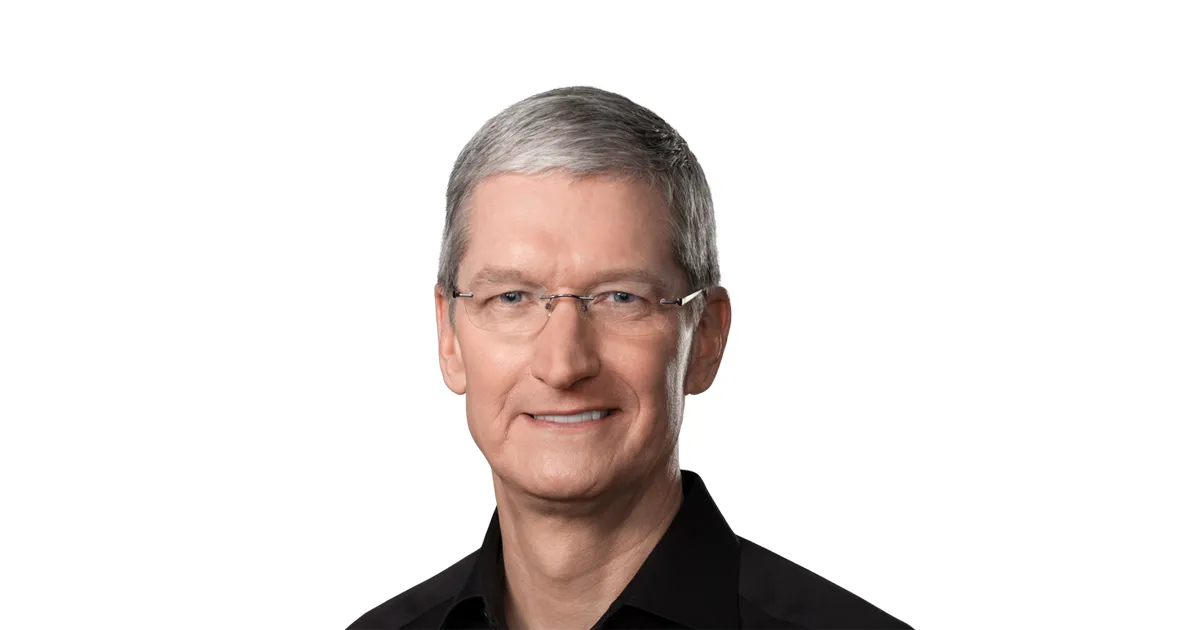

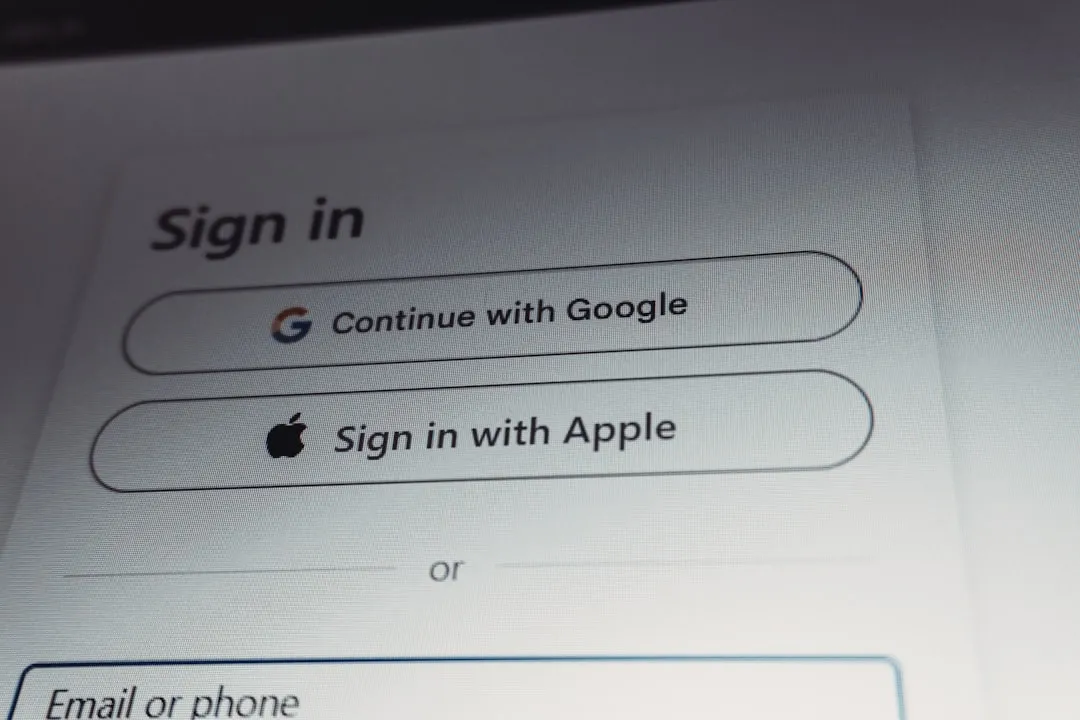
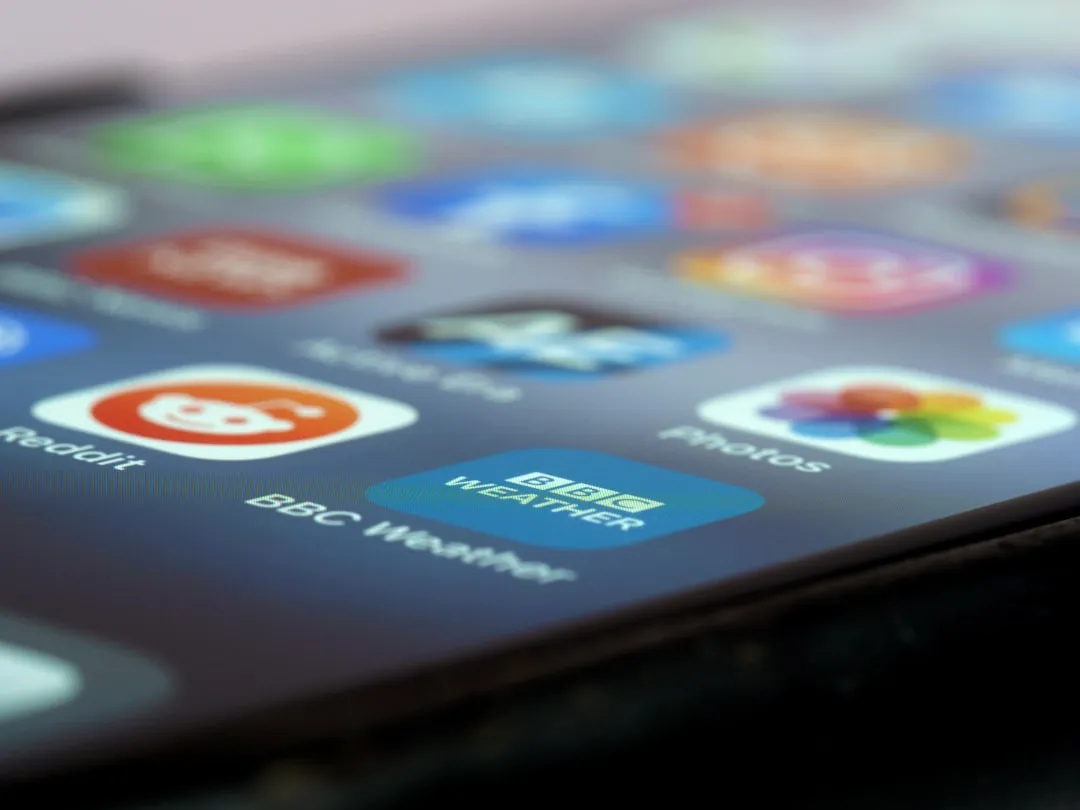
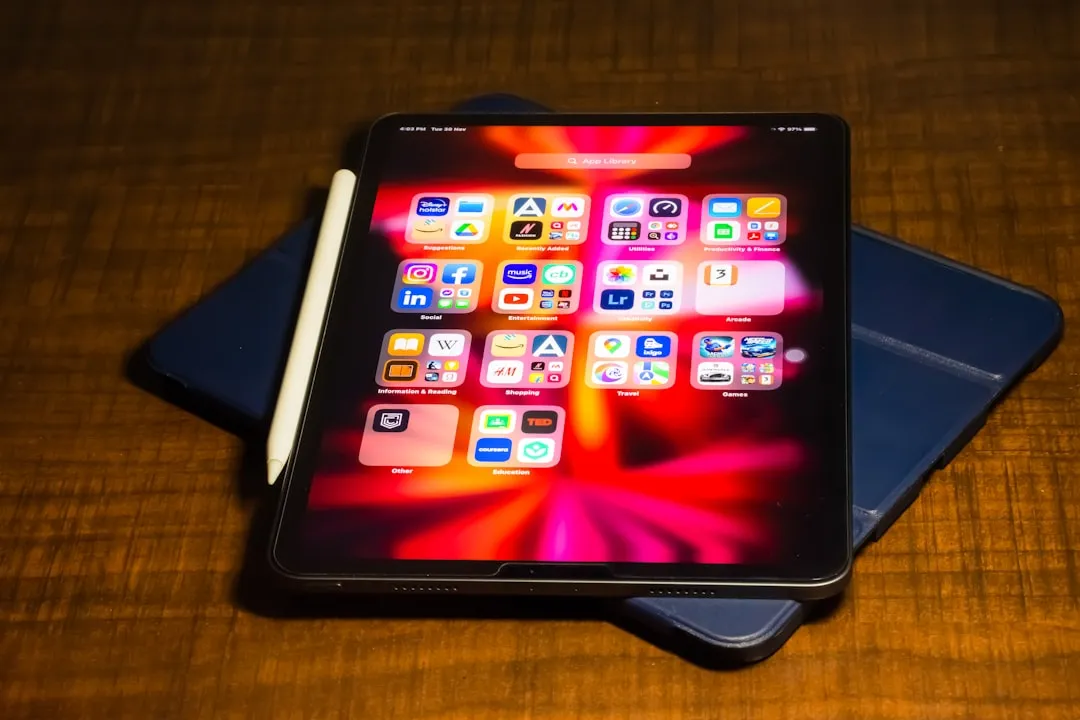
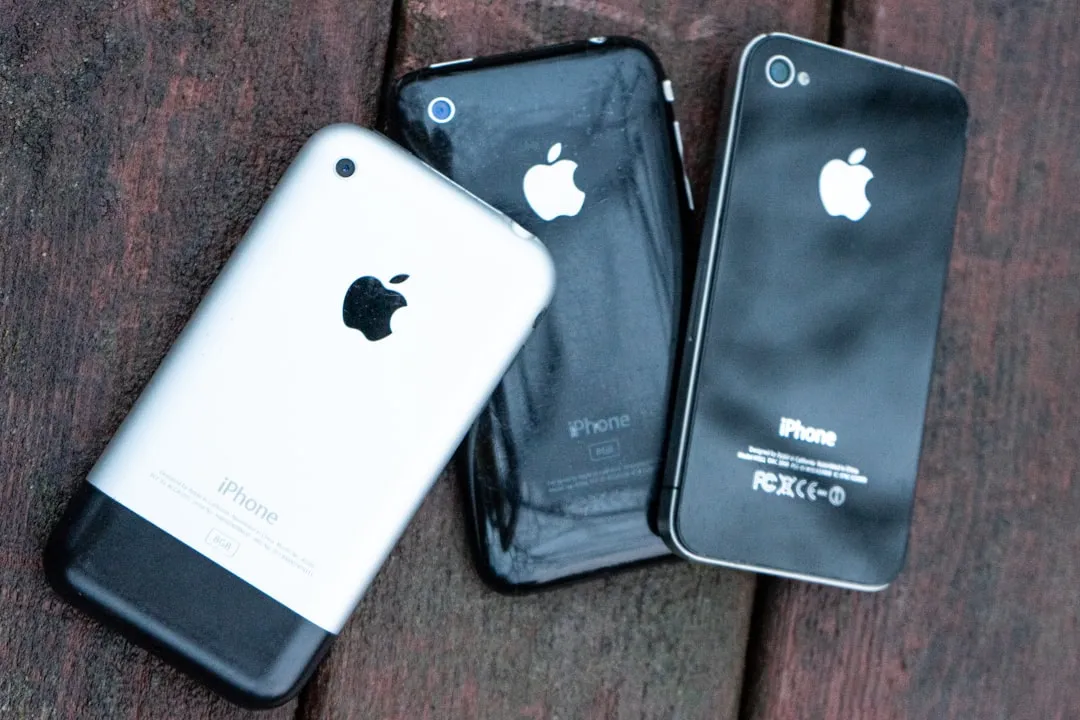
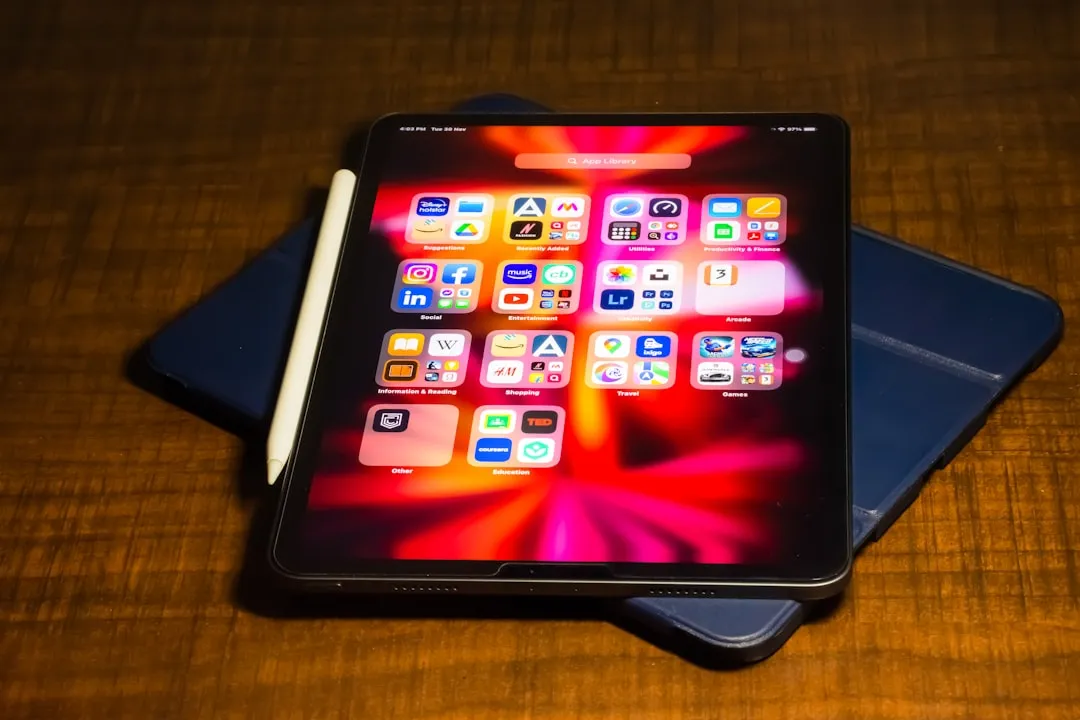

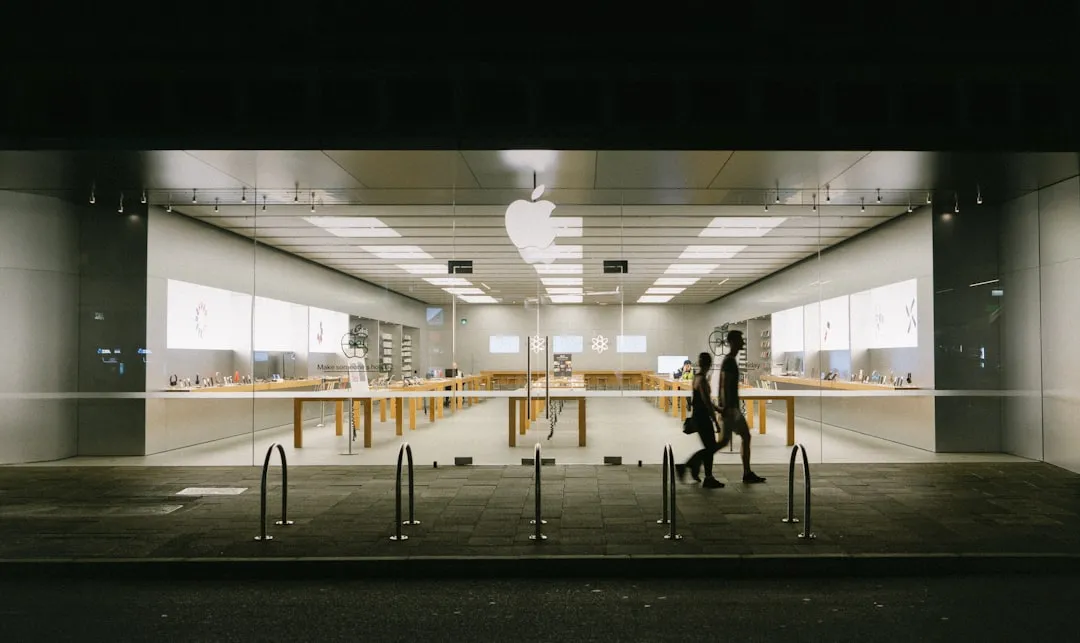
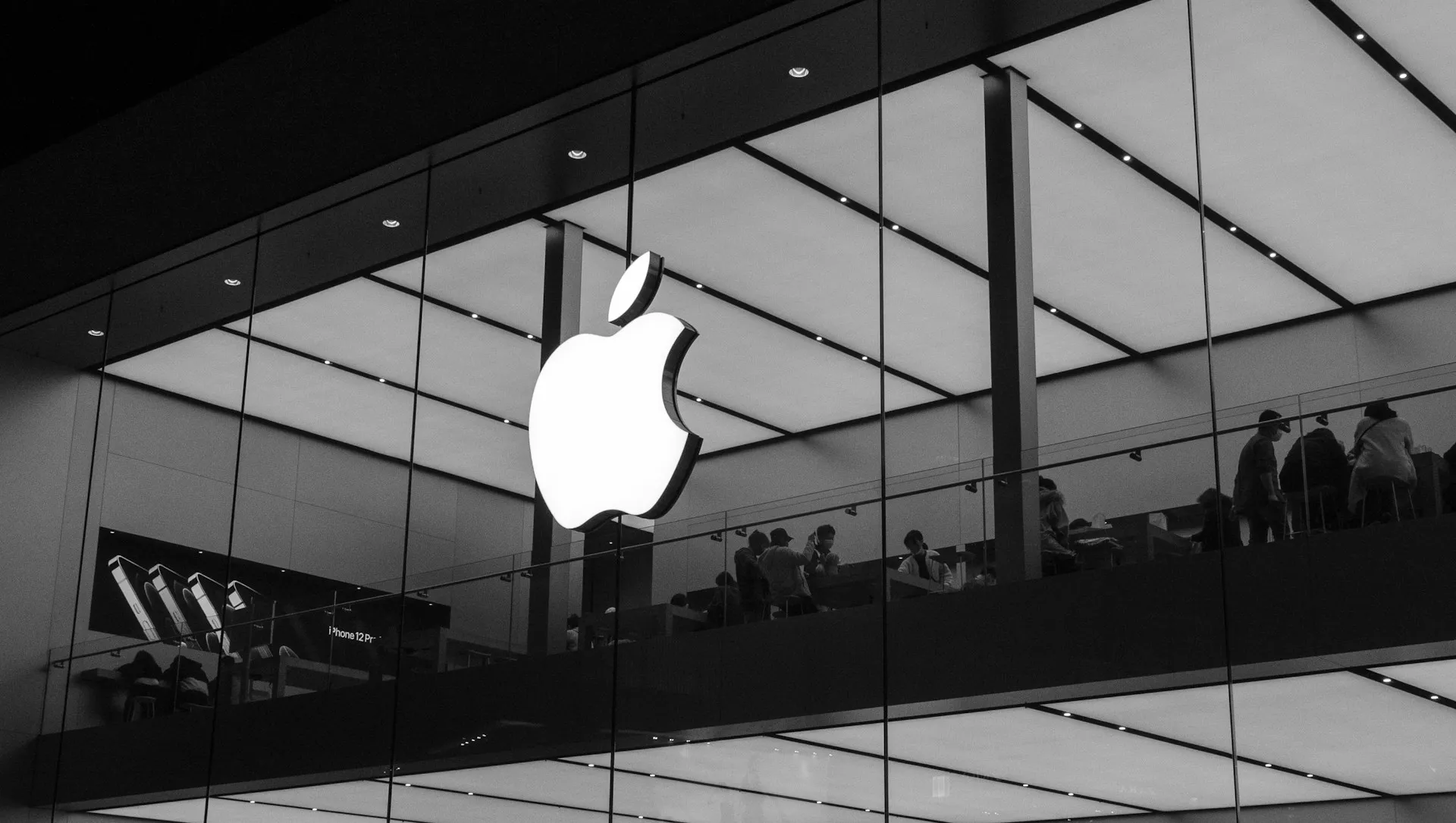
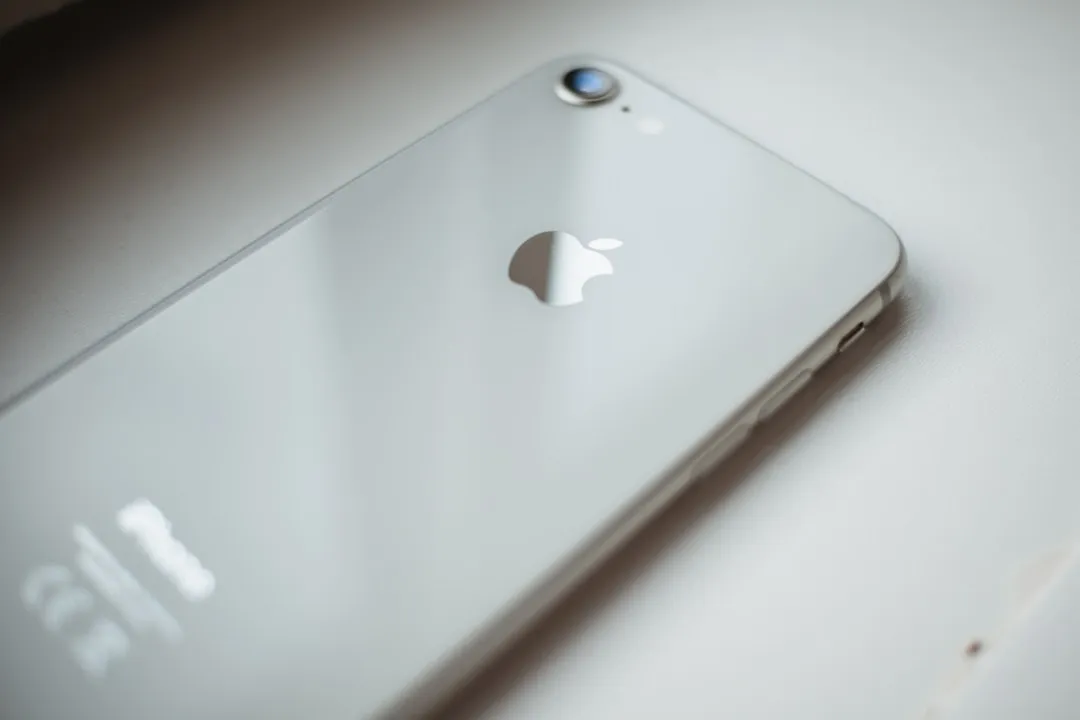


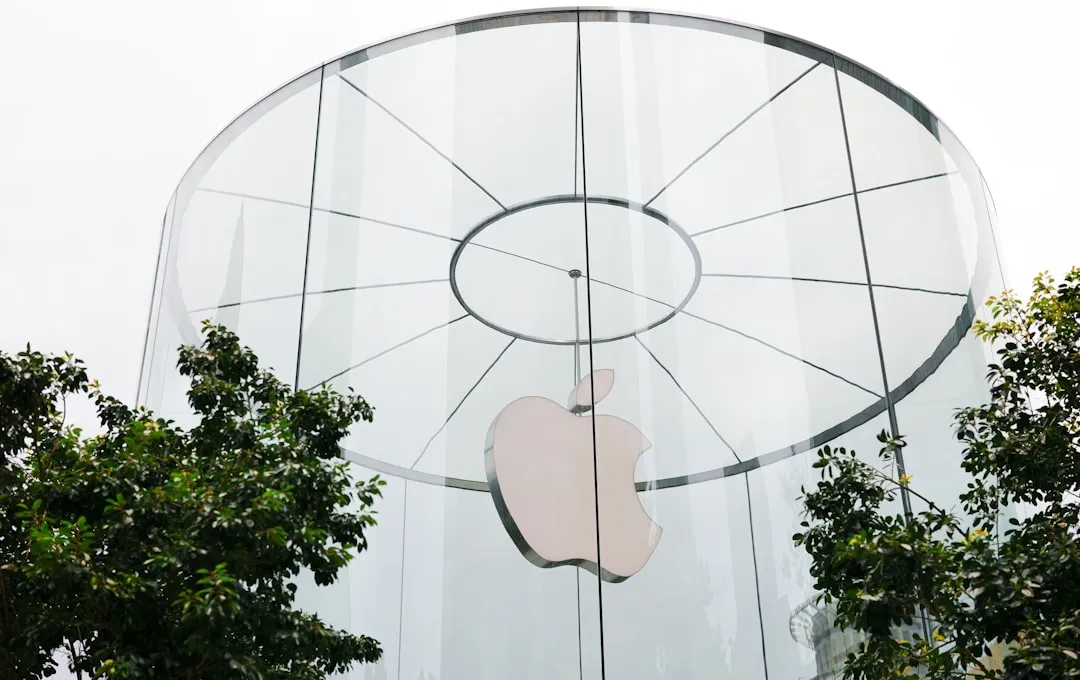


Comments
Be the first, drop a comment!